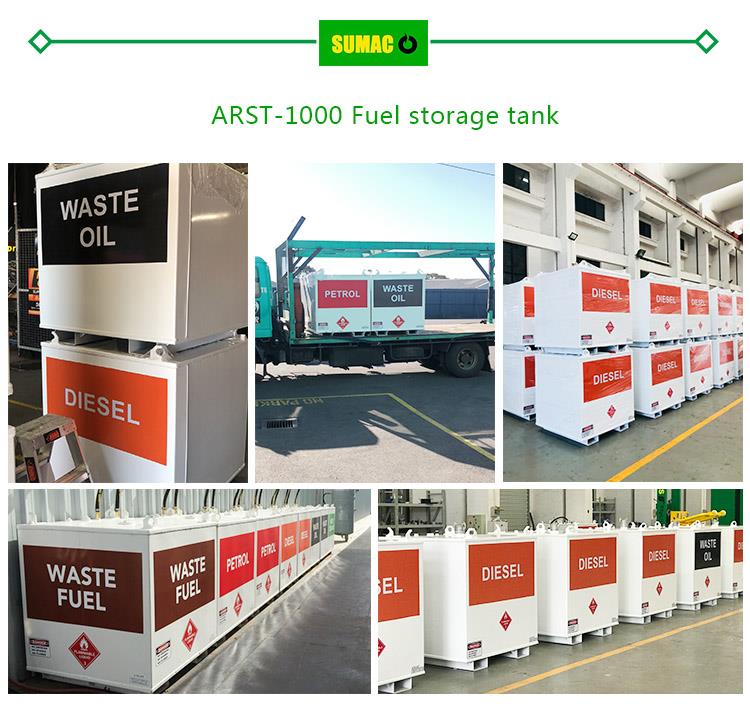Introduction
Fuel storage is a critical aspect of industries ranging from transportation to manufacturing, agriculture, and emergency power generation. Proper fuel storage solutions ensure safety, efficiency, and compliance with environmental regulations. This article explores various fuel storage options, best practices, and innovations in the industry.

Types of Fuel Storage Solutions
1. Above-Ground Storage Tanks (ASTs)
- Commonly used for diesel, gasoline, and biofuels.
- Made from steel, fiberglass, or polyethylene.
- Easy to install, inspect, and maintain.
- Require secondary containment to prevent spills.
2. Underground Storage Tanks (USTs)
- Ideal for saving space and reducing fire hazards.
- Must meet strict environmental regulations to prevent leaks.
- Often used at gas stations and industrial sites.
3. Portable Fuel Tanks
- Suitable for construction sites, farms, and emergency backup.
- Include jerry cans, IBC totes, and mobile fuel trailers.
- Lightweight and easy to transport.
4. Double-Walled and Bunded Tanks
- Provide extra protection against leaks and spills.
- Often required by environmental agencies for hazardous liquids.
- Common in aviation, marine, and chemical industries.
5. Smart Fuel Storage Systems
- Equipped with sensors for real-time monitoring of fuel levels, leaks, and temperature.
- Enable remote tracking and automated refill alerts.
- Reduce theft and wastage.
Best Practices for Fuel Storage
- Regular Inspections: Check for corrosion, leaks, and structural integrity.
- Proper Ventilation: Prevent vapor buildup to avoid fire hazards.
- Spill Prevention: Use drip trays, spill kits, and secondary containment.
- Labeling & Compliance: Follow OSHA, EPA, and local regulations.
- Fire Safety: Store fuel away from ignition sources and use fire-resistant materials.
Innovations in Fuel Storage
- Modular Storage Systems: Scalable designs for growing fuel needs.
- Eco-Friendly Materials: Tanks made from recycled or corrosion-resistant materials.
- Automated Fuel Management: AI-driven systems optimize fuel usage and reduce costs.
Conclusion
Choosing the right fuel storage solution depends on factors like fuel type, location, and regulatory requirements. Whether using traditional tanks or smart storage systems, safety and efficiency should always be top priorities. Investing in high-quality fuel storage solutions not only protects the environment but also ensures long-term operational reliability.
